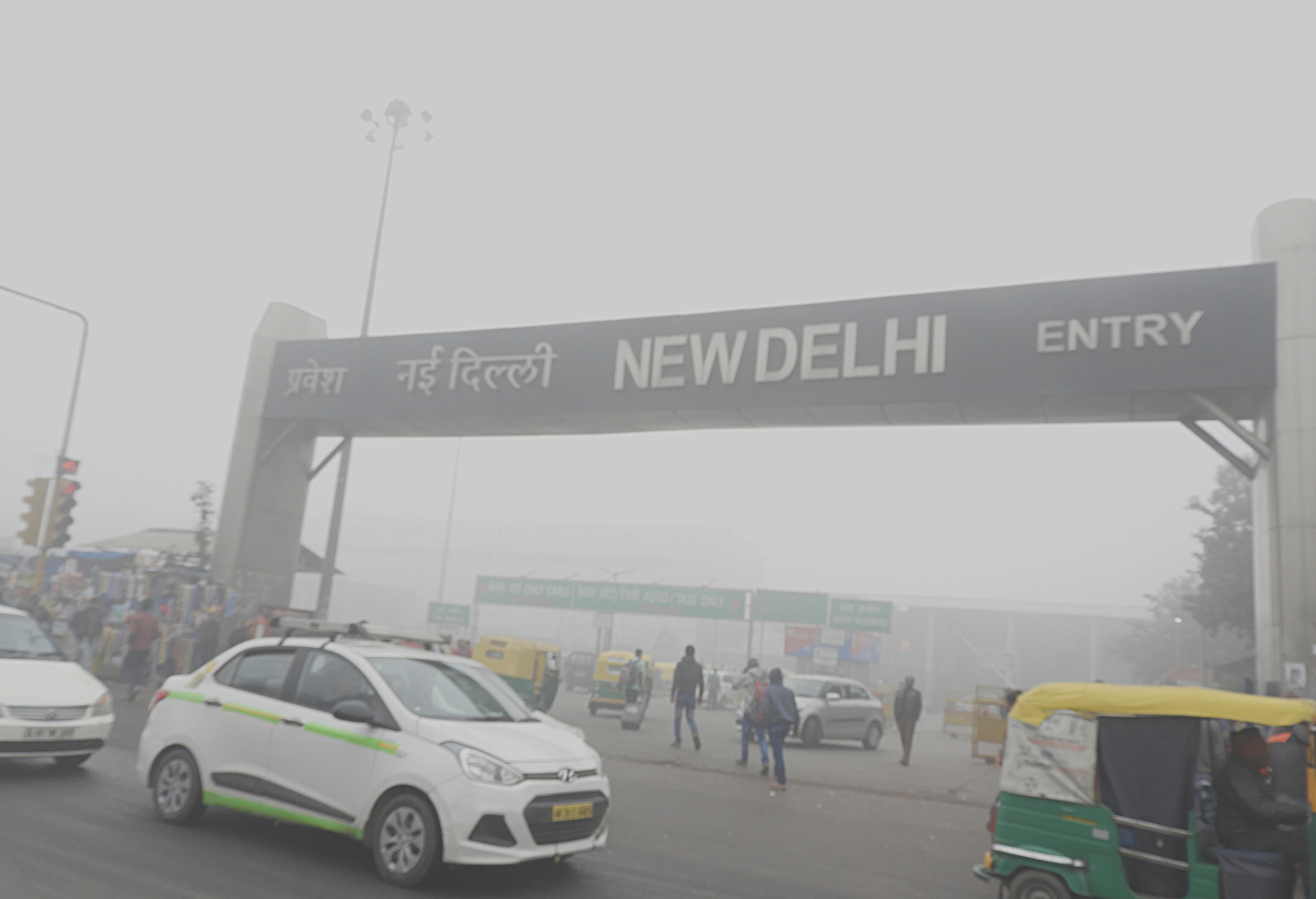Atmospheric scientists from the United Kingdom and India have come together to look into the problem of chronic air pollution in New Delhi.
The Indian capital, one of the country’s most densely populated cities, has been struggling with some of the worst air pollution of any city in the world.
Air quality experts from the University of Manchester partnered with their counterparts from the Indian Ministry of Earth Sciences (IMES), the Indian Institute of Tropical Meteorology (IITM) and the Indian Institute of Technology-Madras (IIT-M) to help drive science-based policy changes.
Their new, and ongoing, study will further identify the causes behind the pollution crisis and inform ongoing and future policy before analysing the effectiveness of the interventions.
Scientists from the Indian Institute of Tropical Meteorology have already developed the System of Air Quality and Weather Forecasting and Research (SAFAR) for advanced air quality forecasting for Delhi.
An IITM statement noted, “The collaboration with UK scientists will make a valuable addition to the SAFAR model by providing expertise in developing new parameterisation for secondary aerosol formation.”
Professor Hugh Coe, who is a leading member of the team from Manchester University, said crop burning is a very important source of air pollution in the region.
One of the key measures for determining the true extent of Delhi’s current pollution problem will be to measure particulate matter concentrations across the city. This detail will build a picture of the sum-total of all hazardous solid and liquid particles suspended in the air.
The UK has extensive experience in conducting atmospheric chemistry measurements and carrying out computer modelling of air pollution that is world-leading. India has a rapidly growing research base in this field and a huge amount of local knowledge and understanding of the air pollution problems in Indian cities.



